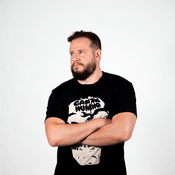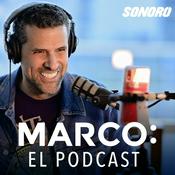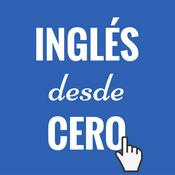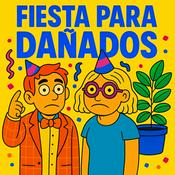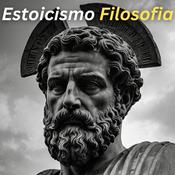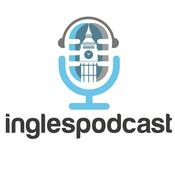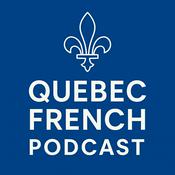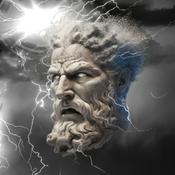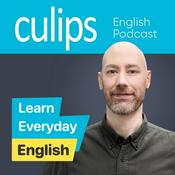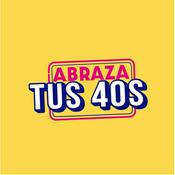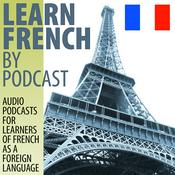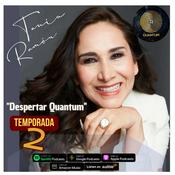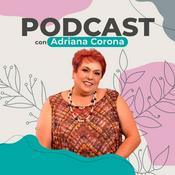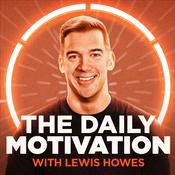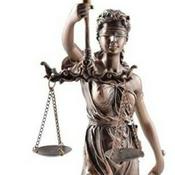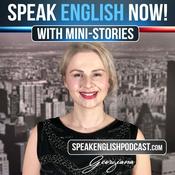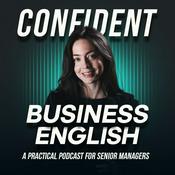81 episodios
The Forgotten Polish Republican: Wawrzyniec Goślicki and the Rights of a Free Commonwealth
09/12/2025 | 52 minIn the late sixteenth century, Wawrzyniec Goślicki authored De Optimo Senatore (The Accomplished Senator), a bold argument for a politics grounded in natural law, civic virtue, and the constitutional liberties of the Polish–Lithuanian Commonwealth. Joined by Walker Haskins, our editor for intellectual history, Paul Meany, covers Goślicki’s career as a bishop, diplomat, and political theorist. They discuss Goślicki’s vision of checks on executive power and his rejection of arbitrary rule. Hosted on Acast. See acast.com/privacy for more information.- This episode explores the often overlooked classical liberal tradition of civil disobedience through the remarkable story of José Castellanos Contreras, a Salvadoran diplomat who, during World War II, defied orders and international law to save thousands of Jewish people from Nazi death camps. His story, forgotten for decades, embodies the liberal conviction that moral law supersedes state authority. Hosted on Acast. See acast.com/privacy for more information.
- This episode explores the thought of Andō Shōeki, a Japanese philosopher who denounced feudal hierarchies, Confucian dogma, and the samurai class. Shōeki’s vision of a natural, egalitarian society based on voluntary cooperation challenges the notion that anarchist or libertarian thought is uniquely Western. His work is an early critique of state power, anticipating later theories by figures like Franz Oppenheimer. Hosted on Acast. See acast.com/privacy for more information.
- In this episode, economist and historian Mark Skousen joins us to discuss his latest book, The Greatest American: Benjamin Franklin, The World's Most Versatile Genius. Skousen highlights Franklin’s remarkable range of life experiences from scientist and inventor to statesman, printer, and philosopher—showing why Franklin has long been considered by historians to be the most modern of the Founding Fathers. Skousen reflects on Franklin’s lessons on liberty, enterprise, and the pursuit of a flourishing life. Hosted on Acast. See acast.com/privacy for more information.
- J.H. Levy was a prominent but now largely forgotten voice in the individualist intellectual circles of Victorian Britain, known for his passionate defense of self-ownership and voluntary social cooperation. Matt Zwolinski introduces listeners to Levy’s life, intellectual context, and the principles that drove his activism in organizations like the Personal Rights Association.
This episode is also available to watch on Youtube.
Hosted on Acast. See acast.com/privacy for more information.
Más podcasts de Educación
Podcasts a la moda de Educación
Acerca de Portraits of Liberty
Portraits of Liberty investigates the lives and philosophies of thinkers throughout history who argued in favor of a freer world. Hosted on Acast. See acast.com/privacy for more information.
Sitio web del podcastEscucha Portraits of Liberty, Diego Ruzzarin y muchos más podcasts de todo el mundo con la aplicación de radio.net
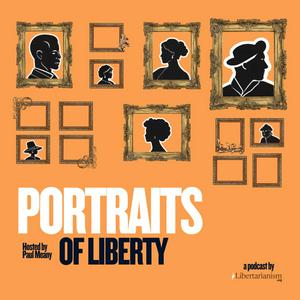
Descarga la app gratuita: radio.net
- Añadir radios y podcasts a favoritos
- Transmisión por Wi-Fi y Bluetooth
- Carplay & Android Auto compatible
- Muchas otras funciones de la app
Descarga la app gratuita: radio.net
- Añadir radios y podcasts a favoritos
- Transmisión por Wi-Fi y Bluetooth
- Carplay & Android Auto compatible
- Muchas otras funciones de la app


Portraits of Liberty
Escanea el código,
Descarga la app,
Escucha.
Descarga la app,
Escucha.

